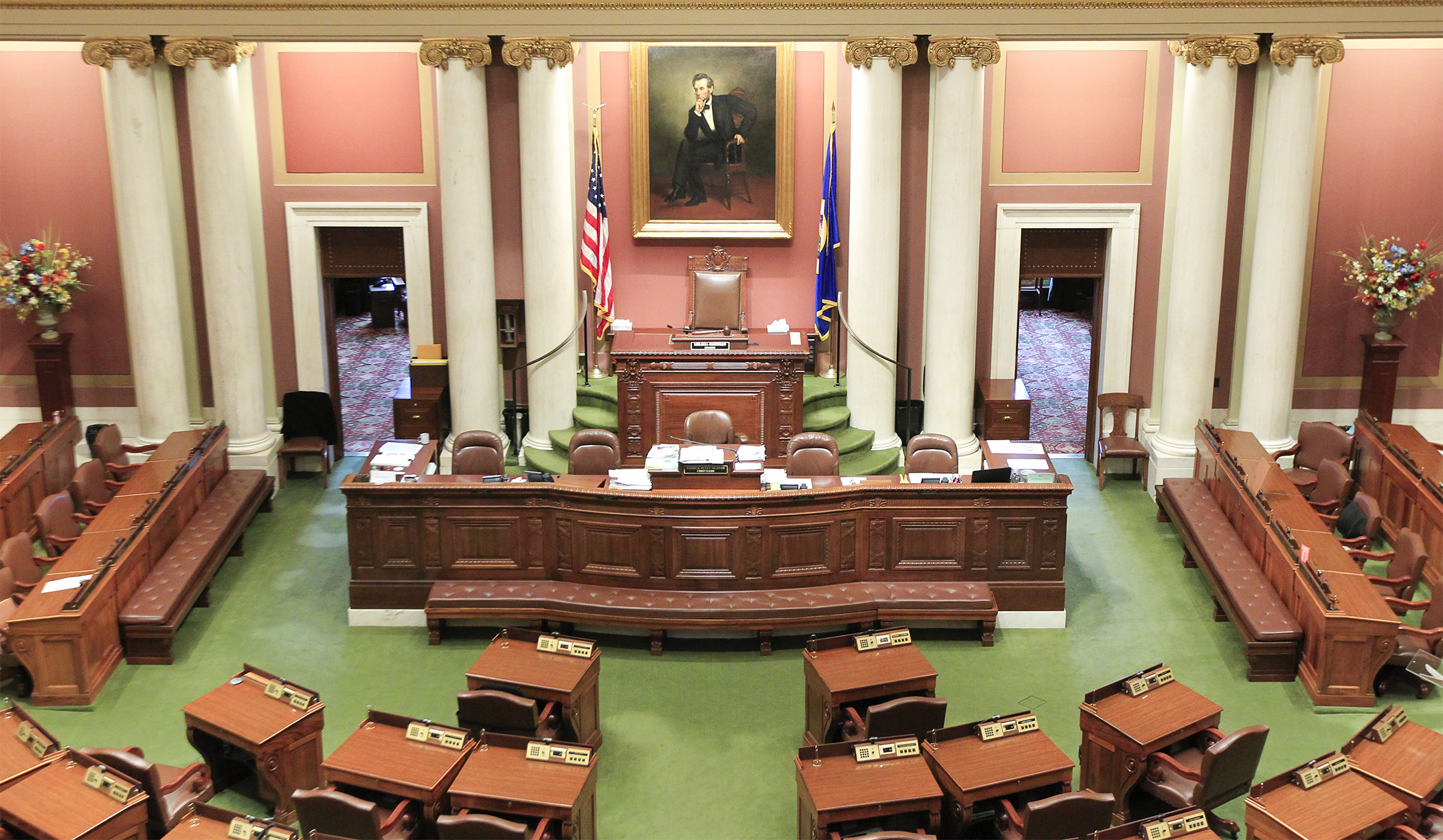House passes bill prohibiting price gouging during public emergencies

Prices of everyday necessities tend to increase during disasters and emergencies, but a bill passed by the House Monday could make those spikes less dramatic.
Sponsored by Rep. Zack Stephenson (DFL-Coon Rapids), HF844 would prohibit retailers from increasing the prices of essential goods and services by more than 30% during, and for 30 days after, a public emergency is declared by the governor.
The bill was passed 71-62 and now heads to the Senate, where Sen. Lindsey Port (DFL-Burnsville) is the sponsor.
Consumers nationally have seen price spikes during the COVID-19 pandemic, and more recently as a result of weather-related disasters, particularly in Texas and Oklahoma. While much of that can be attributed to fluctuations in supply chains, there may be instances in which sellers are profiting off the disasters, Stephenson said.
“Across Texas there were reports of huge spikes in the prices of essential goods and services. Food, bottled water and hotel rooms all surged in price, making a terrible situation even worse,” he said. “The fact that people profited, to an absurd extent, that they took advantage of the pain and the misery and the suffering of others in a moment of desperation is morally bankrupt.”
Gov. Tim Walz signed an executive order prohibiting the practice during the pandemic, but Minnesota is currently one of 15 states that do not have consumer protection laws that prohibit price gouging during disasters and emergencies, Stephenson said, “Our citizens would be without recourse if something like what happened in Texas were to happen here.”
The bill would outline what’s permissible and impermissible pricing behavior during an emergency and allow violators to be fined up to $1,000 per transaction with a maximum penalty of $10,000 per day.
Stephenson said it has the support of Minnesota Retailers Association, but Rep. Jordan Rasmusson (R-Fergus Falls) noted that it isn’t supported by the Minnesota Grocers Association.
Rasmusson opposes the bill, saying that a consequence of the anti-price gouging executive order has been that many retailers are struggling with extra paperwork and it has led to an undue administrative burden.
“We should be sending all of our grocers a thank you note after this last year,” he said. “Not an unnecessary policy that our Main Street retailers can’t afford.”
Related Articles
Search Session Daily
Advanced Search OptionsPriority Dailies
Speaker Emerita Melissa Hortman, husband killed in attack
By HPIS Staff House Speaker Emerita Melissa Hortman (DFL-Brooklyn Park) and her husband, Mark, were fatally shot in their home early Saturday morning.
Gov. Tim Walz announced the news dur...
House Speaker Emerita Melissa Hortman (DFL-Brooklyn Park) and her husband, Mark, were fatally shot in their home early Saturday morning.
Gov. Tim Walz announced the news dur...
Lawmakers deliver budget bills to governor's desk in one-day special session
By Mike Cook About that talk of needing all 21 hours left in a legislative day to complete a special session?
House members were more than up to the challenge Monday. Beginning at 10 a.m...
About that talk of needing all 21 hours left in a legislative day to complete a special session?
House members were more than up to the challenge Monday. Beginning at 10 a.m...